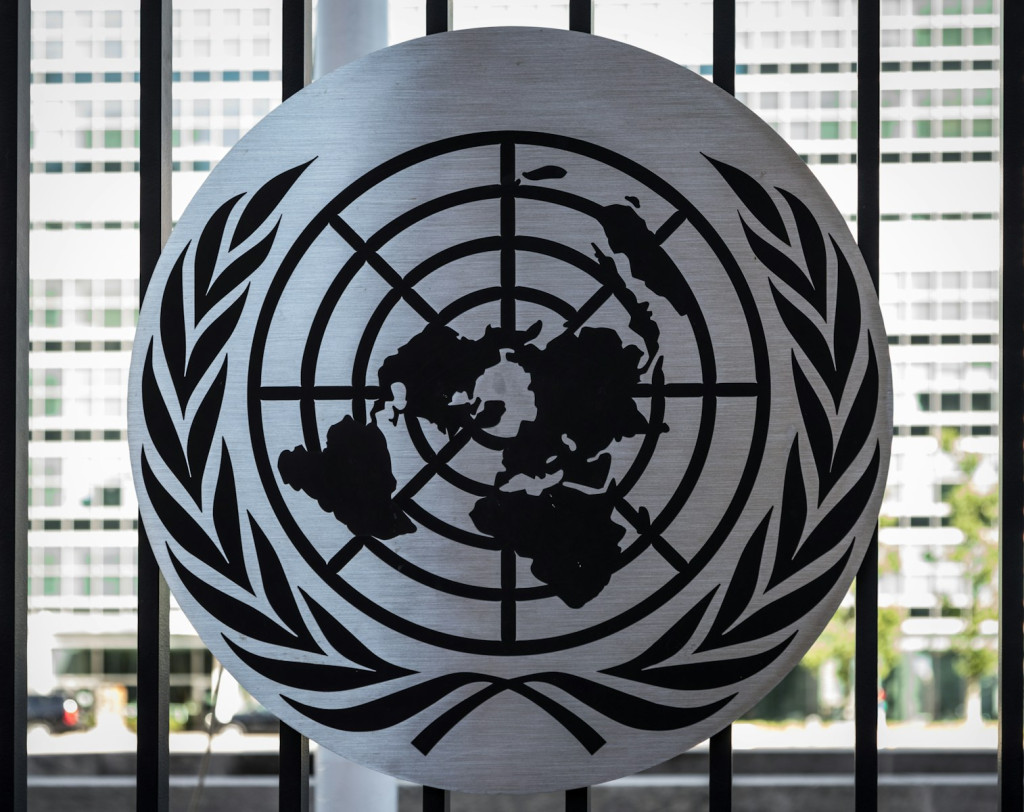UN Convention against Cybercrime opens for signature in Hanoi
Adopted by the UN General Assembly in 2024, the convention establishes international standards for collecting and sharing electronic evidence, criminalizes cyber-dependent and online exploitation offences, and creates a 24/7 cooperation network.

The world’s first global treaty aimed at combating cybercrime officially opened for signature today in Hanoi, Viet Nam, marking a significant milestone in international efforts to strengthen digital security and cooperation.
Seventy-two countries have signed the United Nations Convention against Cybercrime, which will require ratification by national parliaments before it enters into force. The convention was adopted by the UN General Assembly in December 2024 and will take effect 90 days after the 40th signatory completes ratification.
At the signing ceremony, UN Secretary-General António Guterres described the convention as ‘a powerful, legally binding instrument to strengthen our collective defences against cybercrime.’ He added that the agreement ‘It is a testament to the continued power of multilateralism to deliver solutions. And it is a vow that no country, no matter its level of development, will be left defenceless against cybercrime.’
A global framework for tackling cybercrime
The convention seeks to respond to the escalating threat of cyber-enabled crime, which increasingly fuels terrorism, human trafficking, financial fraud, and drug smuggling. It introduces, for the first time, a global framework for the collection, sharing, and use of electronic evidence in serious criminal investigations – an area previously lacking unified international standards.
Among its key provisions, the treaty:
- Criminalises cyber-dependent offences and online crimes such as fraud, child sexual exploitation, and grooming.
- Recognises non-consensual sharing of intimate images as a criminal offence under international law.
- Establishes a 24/7 global cooperation network to allow rapid cross-border assistance.
- Calls for stronger capacity-building support to help developing countries investigate and prosecute cybercrimes effectively.
Strengthening cooperation and capacity-building
UN Office on Drugs and Crime (UNODC) Executive Director Ghada Waly praised the agreement as a vital tool for coordinated action:
‘Cybercrime is changing the face of organized crime as we know it, and the new UN Cybercrime Convention provides Member States with a vital tool to fight back together,”’she said.
Waly noted that the treaty’s adoption followed five years of negotiations and highlighted the role of Viet Nam in hosting the signing ceremony. She urged governments to move swiftly toward ratification and implementation ‘for a safer digital world for all.’
Next steps
The convention’s entry into force will depend on ratification by at least 40 countries. Once active, it is expected to guide national legal reforms, promote international cooperation on investigations, and provide a framework for balancing cybersecurity enforcement with the protection of human rights and privacy.


